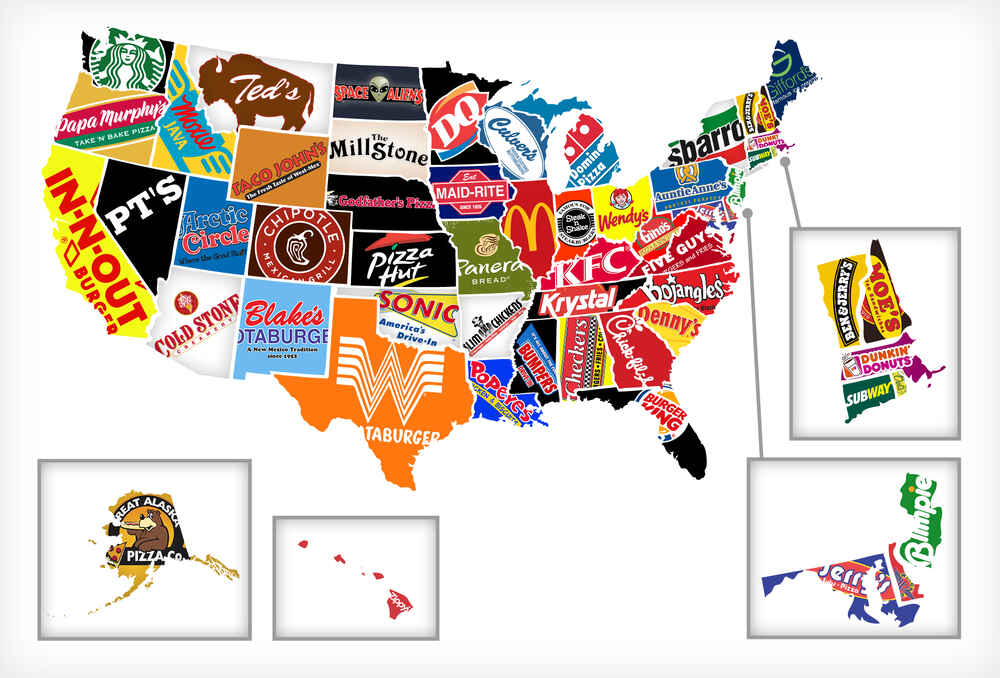Week one:
Nation branding can either have a physical or metaphorical symbol in the aspect that whatever is being used as an image for the nation will bring positive feedback for them. For example, how other countries view America is that the United States is a fast food nation. Although this isn't technically a positive thing, as this hints towards our nations' gluttony in all aspects, this is a realistic example of nation branding. Another example of a nation brand would be the flawless and youthful faces of South Korean actors and actresses in Korea. What that dictates is that their natural beauty comes from their skincare system designated mostly for anti-aging, and when people think of Koreans they think about skincare. Their skincare is so vast, it is also being sold internationally (as well as in American stores now) and is campaigned as "Korean beauty." The theme for week one was to talk about startups and how we would help develop a new image for a developing country. What I found out was that careful planning, attention to detail, and a lot of money is needed in order to see successful results in the startup. I also found out that most of the people in the nation, probably around 90% max, should be willing to see the image and accept the new face of the nation. It is also empirically important to work on a startup with a group so that the members can bounce ideas off of each other, which would emphasize and back up what is important.
 |
| source: https://www.thrillist.com/eat/nation/red-white-food-mapping-all-50-states-most-significant-chain-restaurants
Question: What happens when a startup fails later on as it is being developed in it's final form?
|
Week two:
Cultural globalization and cultural identity are two different things. Cultural identity, I think, is traditional whereas cultural globalization is a watered down version by having a mix-and-match of other cultures involved. The article by Haksoon Yim is based on South Korea, and while we assume that the cultural identity in South Korea is untouchable, that is not the case. There have been influences from all over the world, such as Japanese culture and Western culture. I believe the only way that South Korea could better themselves as a country and build themselves upwards is to focus on building more and investing more in Korea rather than spend money buying anything that comes from the United States. Same in the United States case; Americans should be spending more to buy things from America rather than out of the country, but the problem is the price and quality of other things compared to domestic goods. Fortunately, South Korea did better themselves; far more than the United States. Trans-nationalization of Korean soap-operas and boy bands is also due to cultural globalization. Before, we would not hear of Korean pop stars in America winning awards, but just this last year a popular boy band named BTS won an award. I think it is so amazing how far countries have come compared to the United States. The United States was already top dog in a lot of things, and other countries' names had no chance with the economy, movies, and tourism like the U.S. However, many countries are improving their own cultural identity and cultural globalization in ways that beats the U.S. by a lot.
 |
| source: https://tylerheinrich.files.wordpress.com/2013/04/south-korea-mcdonalds.jpg?w=300&h=225 |
Question: If another country rather than the United States was the "model" for other countries to mimic, would our cultural identity and cultural policy be the same?
No comments:
Post a Comment